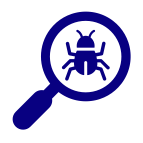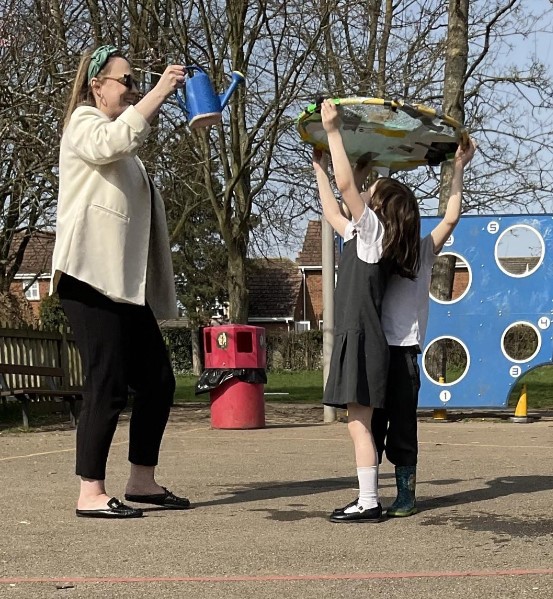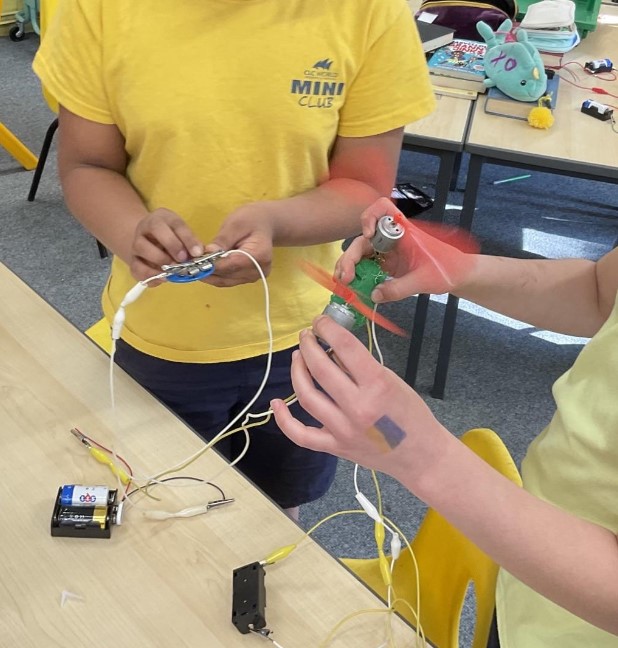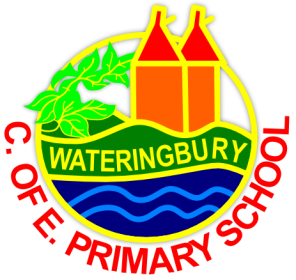Science



AIMS
The national curriculum for science aims to ensure that all pupils:
- develop scientific knowledge and conceptual understanding through the specific disciplines of biology, chemistry and physics
- develop understanding of the nature, processes and methods of science through different types of science enquiries that help them to answer scientific questions about the world around them
- are equipped with the scientific knowledge required to understand the uses and implications of science, today and for the future
TEACHING METHODS
Our curriculum is informed by the National Curriculum and we use the Kent Science Scheme as a basis for our planning. These ensure we have good progression in both skills and knowledge.
Teachers then use their own expertise and experience to deliver weekly learning experiences. Where ever possible, links will be made to other areas of the curriculum to enhance learning and deeper children’s understanding. In addition, children will learn about science in the real world and current scientific advancements found in the news. We want children to be curious about the world around them and to think about the impact we have on it and it on us.
Working scientifically means science lessons are practical, with all children having the opportunity to carry out investigations and think like a scientist as well as discover the science understanding for themselves. This is underpinned by good teaching of the scientific vocabulary and concepts needed to progress at each stage.
HOW CHILDREN WILL LEARN IN SCIENCE
Science threshold concepts:
Working scientifically
- Work scientifically
This concept involves learning the methodologies of the discipline of science.
Biology
- Understand plants
This concept involves becoming familiar with different types of plants, their structure and reproduction.
- Understand animals and humans
This concept involves becoming familiar with different types of animals, humans and the life processes they share.
- Investigate living things
This concept involves becoming familiar with a wider range of living things, including insects and understanding life processes.
- Understand evolution and inheritance
This concept involves understanding that organisms come into existence, adapt, change and evolve and become extinct.
Chemistry
- Investigate materials
- This concept involves becoming familiar with a range of materials, their properties, uses and how they may be altered or changed.
Physics
- Understand movement, forces and magnets
This concept involves understanding what causes motion.
- Understand the Earth’s movement in space
This concept involves understanding what causes seasonal changes, day and night.
- Investigate light and seeing
This concept involves understanding how light and reflection affect sight.
- Investigate sound and hearing
This concept involves understanding how sound is produced, how it travels and how it is heard.
- Understand electrical circuits
This concept involves understanding circuits and their role in electrical applications.
Essential characteristic of Wateringbury scientists:
-
The ability to think independently and raise questions about working scientifically and the knowledge and skills that it brings.
-
Confidence and competence in the full range of practical skills, taking the initiative in, for example, planning and carrying out scientific investigations.
-
Excellent scientific knowledge and understanding which is demonstrated in written and verbal explanations, solving challenging problems and reporting scientific findings.
-
High levels of originality, imagination or innovation in the application of skills.
-
The ability to undertake practical work in a variety of contexts, including fieldwork.
-
A passion for science and its application in past, present and future technologies.
